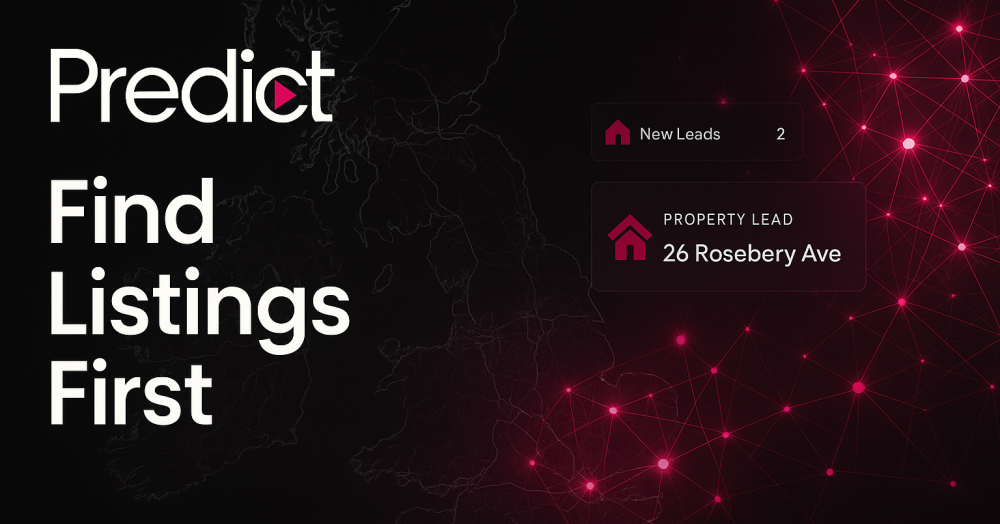The ‘Toggling Tax’ Problem in Estate Agency
Tackling productivity and new listing challenges in your estate agency. Uncover the issue of 'toggling tax' and how it could be affecting your operations more than you realise…

In the rapidly digitising landscape, the Estate Agency industry is awash with a myriad of software applications aimed at enhancing productivity. However, the 'toggling tax', a term coined by Harvard Business Review, poses a significant challenge. This phenomenon refers to the cognitive and temporal cost incurred when switching between multiple applications. Particularly for estate agents, this often-fragmented approach can inhibit overall productivity, reduce focus, and complicate business operations. I am sure we are all familiar with doing too many things and that moment you walk into a room and forget what you came in for and toggling between applications has the same effect on productivity at work.
Toggling tax essentially encapsulates the cost, in terms of time and cognitive energy, involved in adjusting between different applications. As per the referenced article in the Harvard Business Review, their studies of 20 teams, totalling 137 users, over five weeks, showed an average employ loses around 9% of their work hours just switching applications - a substantial loss of potentially productive time. To put that into monetarily terms if you have 5 employees on an average salary of 35k each your toggle tax would be costing you over £15,000 per year.
Estate agents who use several standalone tools often face this daunting task. Their duties span from customer relationship management (CRM) to email marketing, social media management, analytics, and more, each typically handled by a separate software application. This constant switching not only squanders time but also leaves room for error when transferring data between systems.
However, the real cost is in the loss of income. Not only from the time spent not winning new business but from the missed opportunities causes by the lack of integration between these standalone tools often leading to a fragmented overview of business insights and operations, making it harder for teams to identify the best strategies for business growth.
Where do they go to find new business when there are 10+ tools on the table all showing ‘a little bit’ of the opportunity?
More and more business have started to find solutions to this problem by looking for eco-system software that covers the entire lifecycle, bringing a multitude of functions into a single, user-friendly interface, dramatically reducing the need for constant toggling and its associated cognitive load. But the advantages don't stop at just user convenience.
A significant differentiator of working this way is the powerful analytical capability. Instead of having data spread across multiple platforms, All business information is in one centralised, intelligent platform. By consolidating hundreds of thousands of data points and millions of marketing touch points, it provides a comprehensive picture of business operations and customer interactions.
As an example of how this might work in Estate Agency, this type of feature is particularly beneficial for identifying potential listings. With traditional standalone tools, the process of sifting through vast amounts of data to pinpoint who to contact for the next listing can be an arduous task, as in one platform you can see who might have done an instant valuation previously, but you would need to log into another platform to see if any of those people had recently been reading any of your content about selling or being unhappy with their current agent, then into a CRM to see if you have prospects you can talk to them about in order to win the listing, and by the time you have done all of that you have something else to do anyway!
In an eco-system, however, it can streamline this process. By intelligently analysing the consolidated data, it brings valuable insights to the forefront, indicating precisely who to call for your next listings, after all do you want the team to have to sift through all of the information and decide to who to call at the end of it or just have the system sift through millions of bits of data and present those prospects to the team with a summary as to why they might be a good person to call for a new listing or for a viewing? This ability not only reduces time and effort but also significantly increases the likelihood of converting leads, fostering business growth.
This is one of the many reasons that more and more Estate Agencies in the UK are turning to Lifesycle. As it represents a user-centric approach to application design that prioritises reducing the toggling tax, enhancing user experience, and increasing productivity. Estate agency leaders and managers must recognise the issue of toggling tax and consider comprehensive solutions like Lifesycle. Such a move can significantly reduce time wastage, improve operational efficiency, and enhance overall business outcomes.
By adopting this centralised platform, estate agents can streamline operations, gain valuable insights, and focus more on delivering exceptional service to their clients. In the current digital age, it's not about using more applications but about leveraging the right ones. With Lifesycle, estate agents have the right tool at their disposal.
Listen to Clint Nykamp, Director of Sterling Homes explains in his own words why the cost of Lifesycle is a no-brainer for any size Estate Agency...
Book a demo
Unlock the transformative power of our estate agency solutions. Whether it's Lifesycle, Uzair, Neuron, or all three, our cutting-edge products redefine how you harness business potential. Lifesycle is the the world's-first estate agency software combining CRM and marketing in one platfrom. Neuron AI-based websites personalises customer experiences, and boosts conversion rates, while Uzair, the first Microsoft-approved AI assistant for the industry, empowers you to streamline your everyday tasks.
First Name*
Last Name*
Email*
Phone*
Company*
Please confirm that it is okay for us to contact you about this information as well as products and services. (You will always be given the right to unsubscribe at any point in the future)*
Latest news
The AI Prospecting Revolution Is Coming. Will You Be Ready?
Imagine knowing exactly who to call, when to call them, and what to say — before your competitors have even spotted the opportunity. That’s the power of Predict, the new AI-powered prospecting hub for estate agents. And it’s almost here.
Read more
How to recession-proof your agency with AI foresight
Market shifts are inevitable, but agencies using AI foresight can adapt faster. Predictive analytics helps you spot trends, adjust resources, and maintain a steady pipeline — even in a downturn.
Read more
What Netflix can teach estate agents about winning instructions
Netflix keeps viewers hooked by serving the right content at the right time. Estate agents can win more instructions by using the same principle — tracking client behaviour and delivering tailored, timely communication.
Read more



